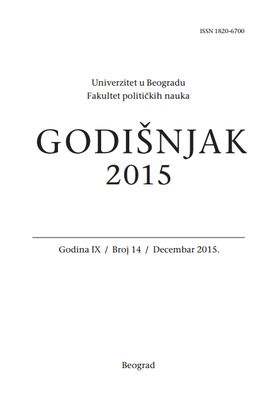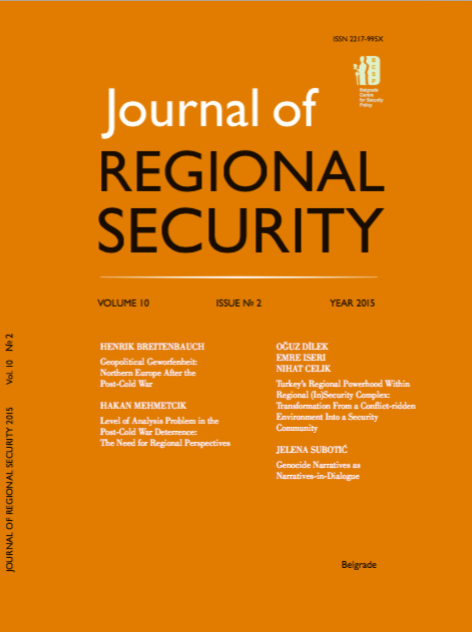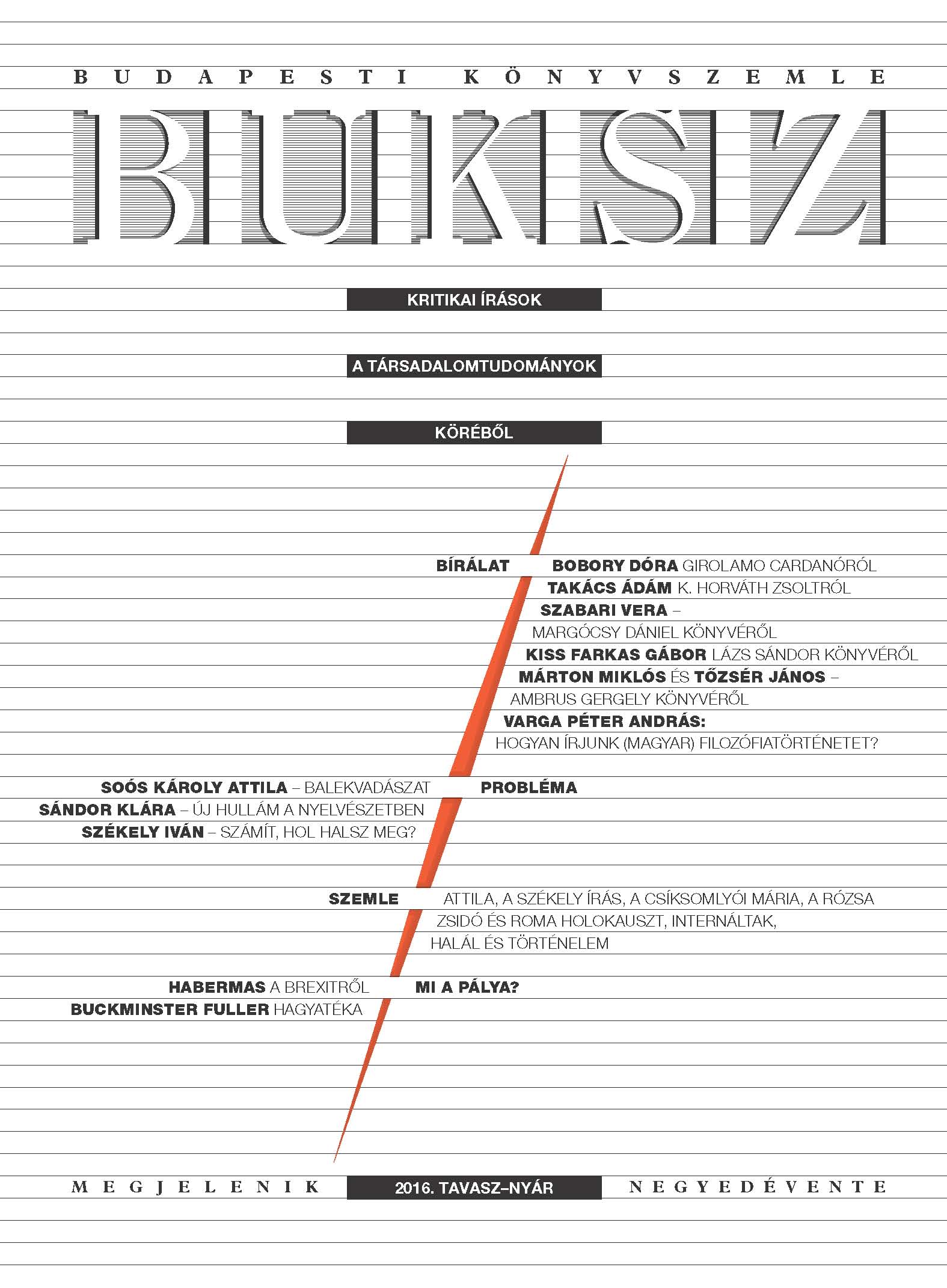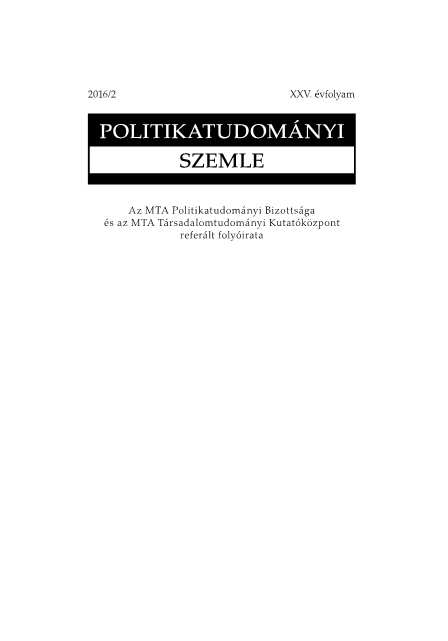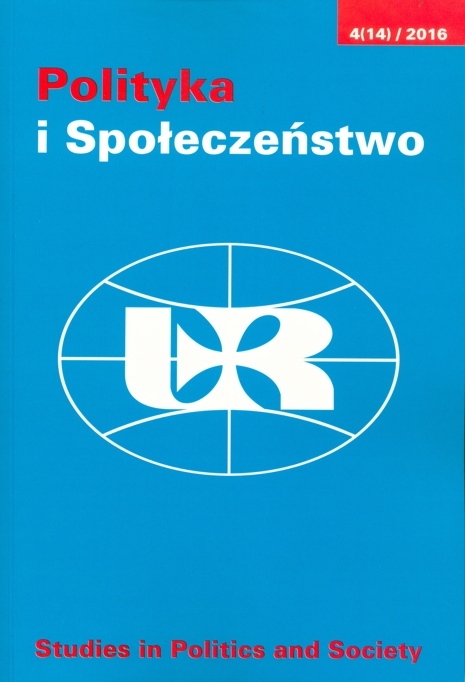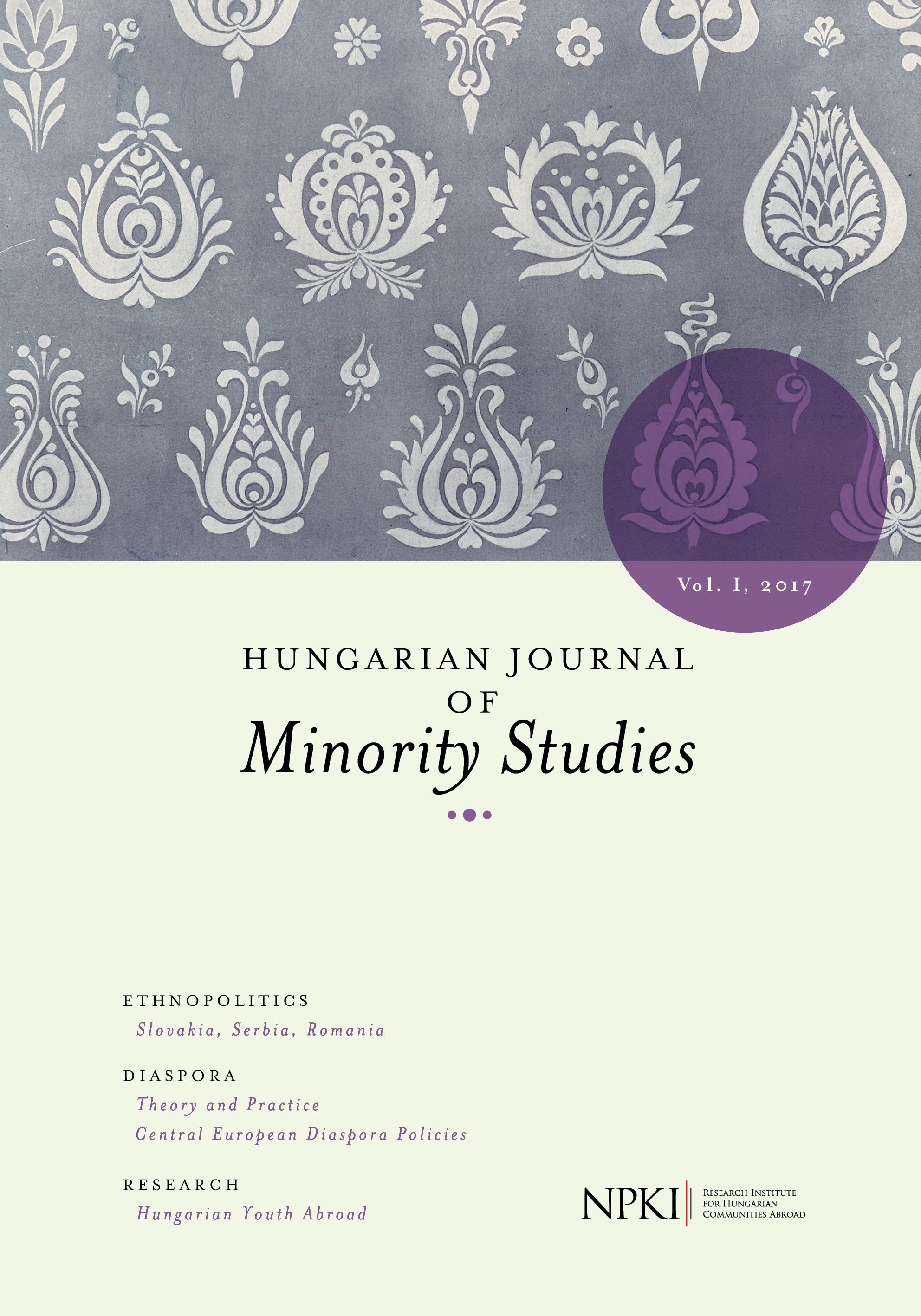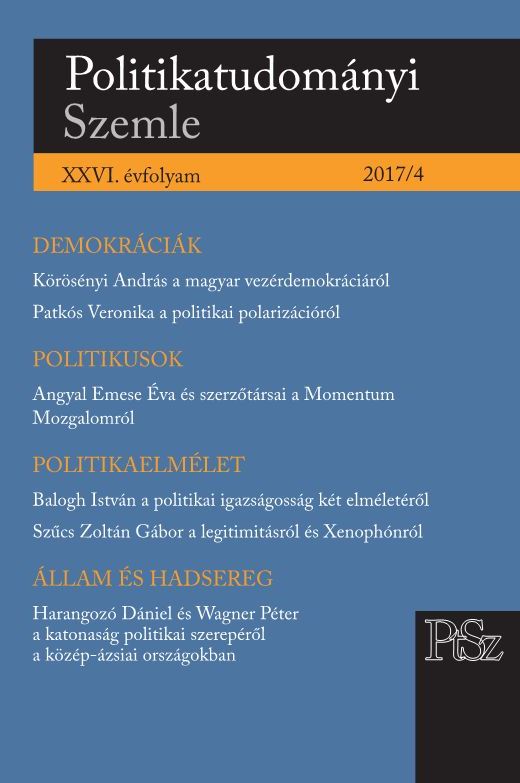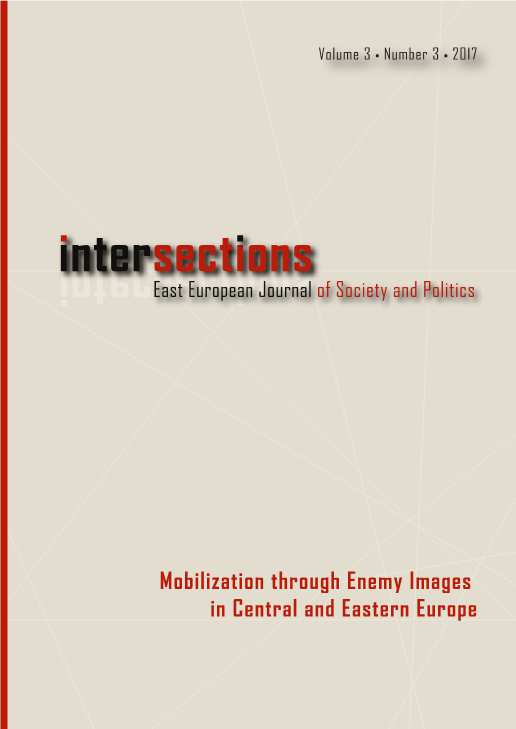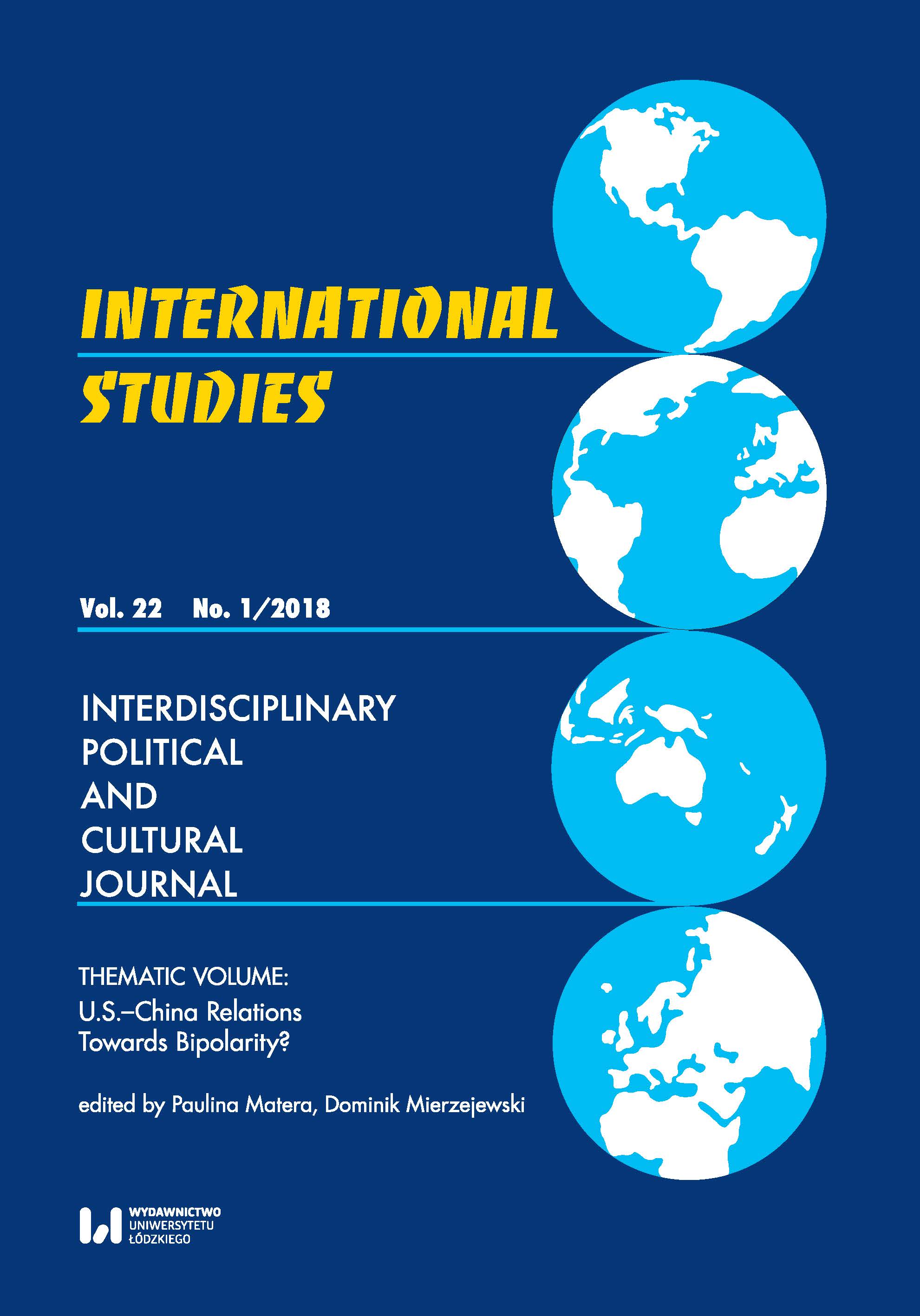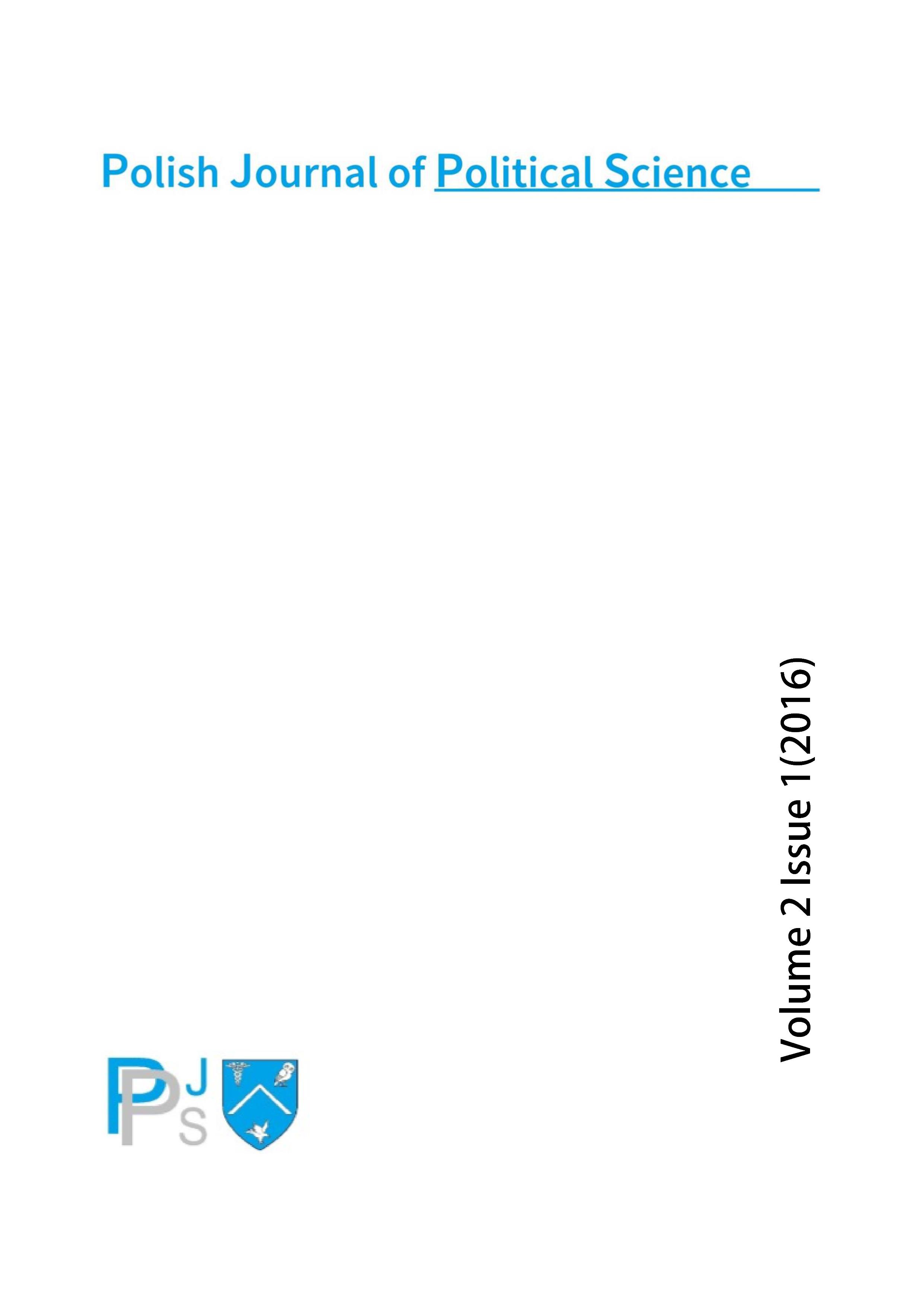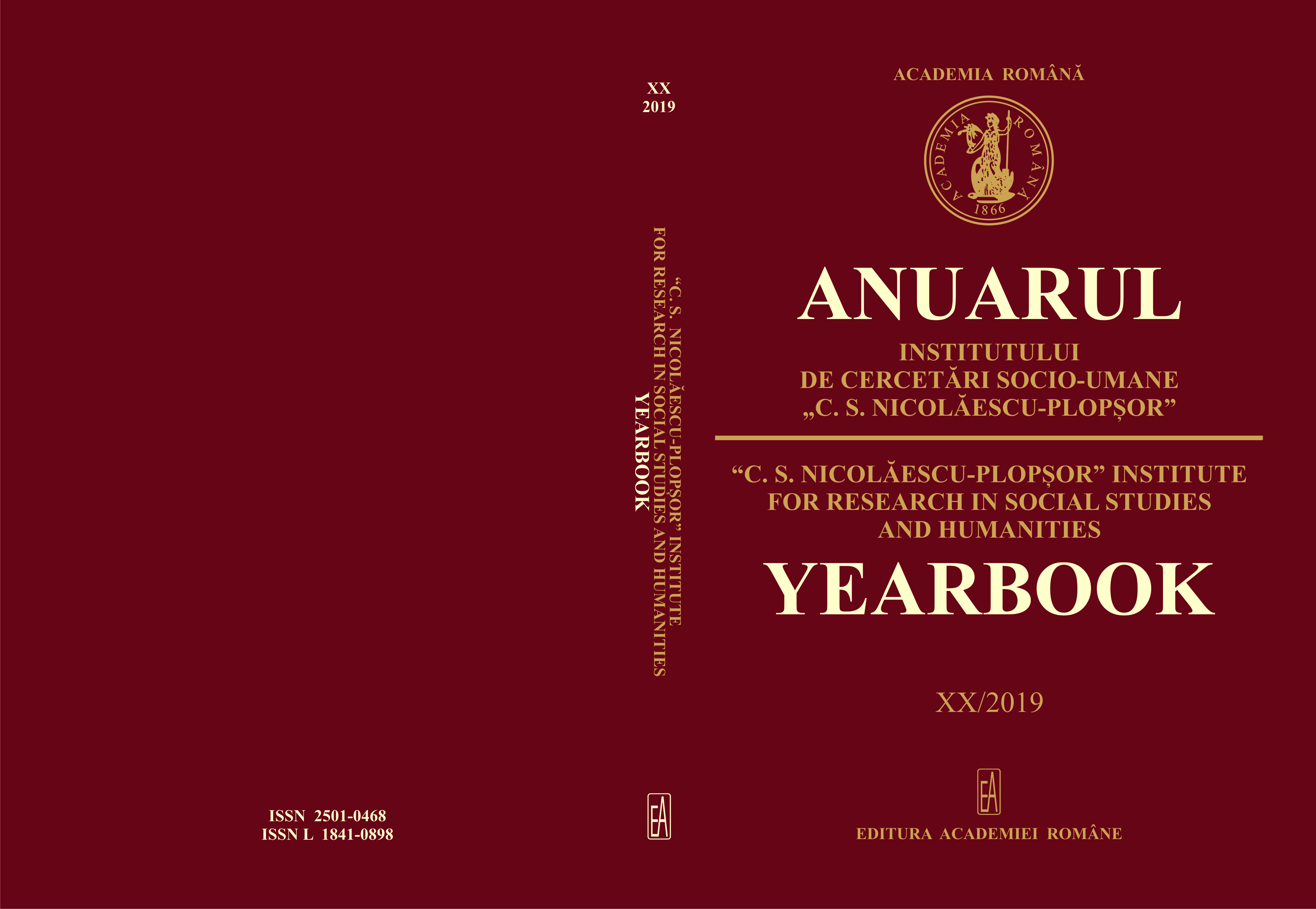
Strategie a nástroje boje proti terorismu v České republice a Evropské unii
The paper deals with a very topical issue which currently constitutes one of the major global problems of the world, and that is terrorism and its consequences for social and economic development of our society. For this reason, in this article, was created by analysis of strategic elements that are effective in combating terrorism. Part of the contribution is intended to define terrorism from a historical perspective, which we see as the perception and the overall focus of terrorism is changing due to the current global or regional problems. Currently, each region of the world, due to its economic potential, seeks to promote the fight against terrorism. In the world there are many organizations involved in protecting humans against terrorism. We are dealing with text mainly those that directly affect European Union. Another part of the article describes and defines the current strategy to fight terrorism in the Czech Republic. Czech legislation based on the basic regulation and standards to be followed by each Member State of Union. At the same time, most European Union states struggling in practice against this problem institutions and national churches, which operate at the national and transnational levels today because the state can’t fight terrorism only at their national level. The main result of this analysis was to describe and define the various forms of protection of the population, which ensure peace and security throughout the European Union.
More...
